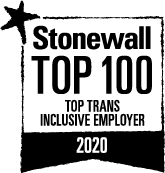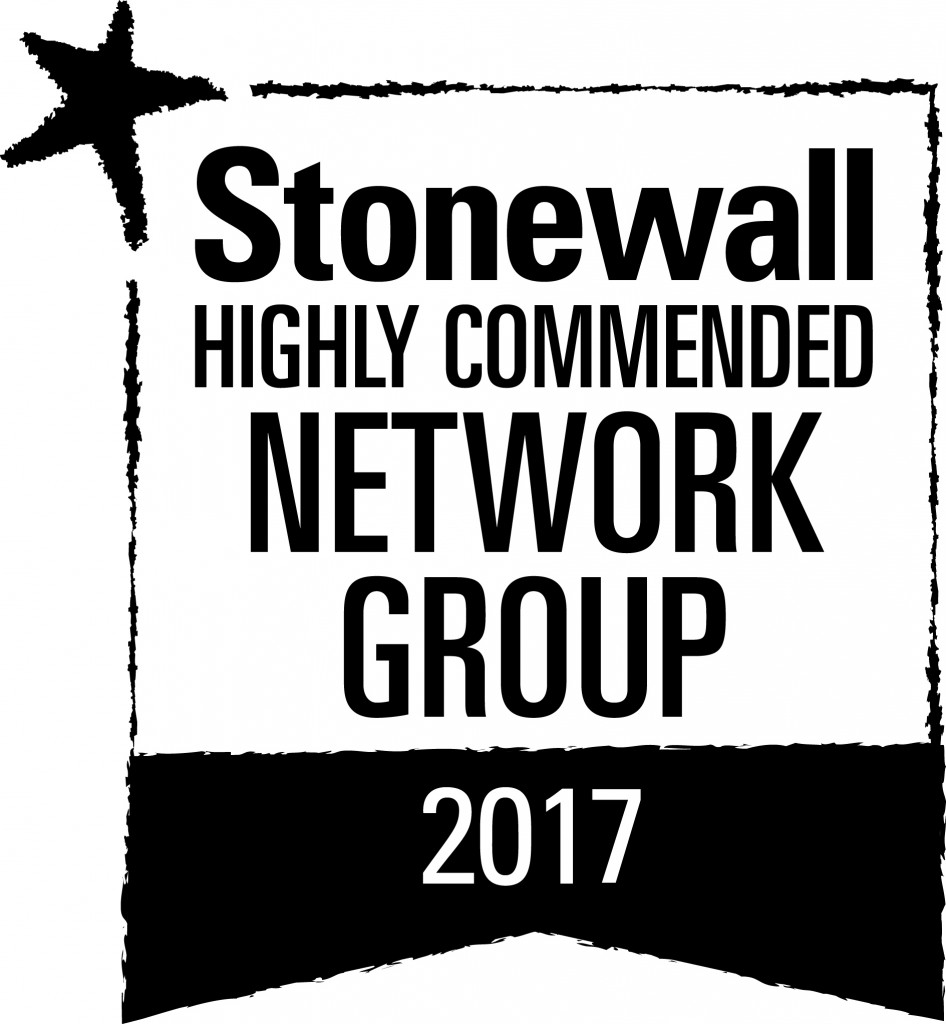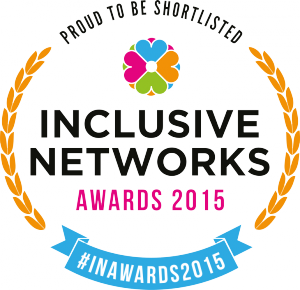1974 – a youngster only four weeks beyond his 18th birthday, as yet unsure as to who he was in so many ways arrives to train as a teacher at St John’s College, York (as it was then known).
Without beating around the bush, it was me! I’d not quite finished growing up, but all the growing up I’d done thus far was in rural, religious Scotland, where gay sex was illegal at any age (until 1980) and where the only gay role models were camp TV characters such as Larry Grayson or John Inman. And I knew I wasn’t like them. Looking back, I’d always fancied men, but in those days, and for many more years to come, my admiration of men was only manifest in terms of “I want to be like them”. In short, I didn’t really know who I was. Or what being gay was.
The week we arrived in college we were given a Students’ Union Handbook. It covered all the college’s arrangements, and the clubs and societies available to new students. There was a brief reference to being gay at college (the Gay Rights Movement as it then was, was in its infancy) but it was couched in warnings, such as “in England, men having sex with men is illegal before the age of 21 and punishable with a prison sentence”. (And even this was enlightened compared with Scotland.) And it challenged students to make themselves known as either gay themselves or supporting gay rights and stand up for themselves. Very few did.
As an unsure guy, that wasn’t for me. I wasn’t ready for the challenge of standing up and being counted. I wasn’t even sure who or what I was – not many, even these days, are at 18 and four weeks.
More appropriate would have been a group of people able to share with me their own journeys to acknowledge their sexual orientation. Or to openly talk with me and listen to me. But in the infant days of LGBT openness and equality rights that was just not available.
I’d like to say, I crept into the closet and stayed there for many years, but that would be too simple. Rather, I didn’t come to terms with my own orientation for many years, because I was isolated from others who shared it. It wasn’t that I kept it secret; it was that I didn’t know in full who I was. And being from a rural religious background I adopted the conventional route of conforming with my community’s expectations, working in church schools (where homosexuality was overtly discredited) and toeing the professional line of don’t ask, don’t tell.
Happily now, all that has changed, albeit later in life, and I am fully aware of who I am, not because of any great revelation or coming out – although I largely have, but because gradually I recognised that I shared more of who I am with the gay community, as over the years the gay community became more overt and mainstream. Role models (younger and older) became less and less camp and more “normal”, self aware and self assured, and I was able to associate myself with them. I found people who were the same as me, and some became my closest friends.
It took many years, but they were good years. I perceive my journey as part of the overall LGBT journey. Gay people a generation or two before me were unable to express themselves fully and openly at any stage of their lives. I am now able to do that without hesitation. I eventually did stand up and be counted, and in my own small way contributed to the fight for LGBT rights that we all now enjoy, and I have the pleasure of having seen equal rights enshrined in law in my adult lifetime. I see now, the openness of young gay guys arriving at university being accepted fully and supporting one another openly. Yes, I wish I’d had that – perhaps I’d have been out to myself and others far earlier. But I rejoice that I’ve seen society change so that, although there’s still much to do, and many still who struggle with their own orientation, in 2016 the newly-18 year-old arriving at university doesn’t need to face what seem the unassailable challenges of being “out” when no one else is, and retreat behind expectations for as long as I did, but can find the support they need through the openness of others around and (generally) the acceptance of the whole community.





